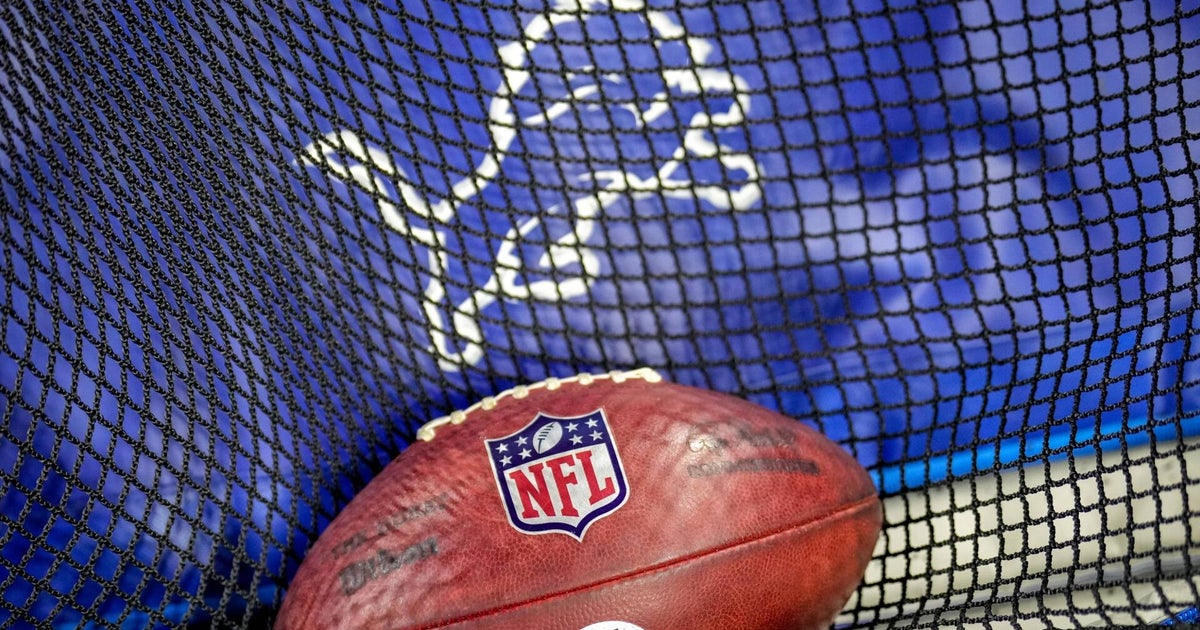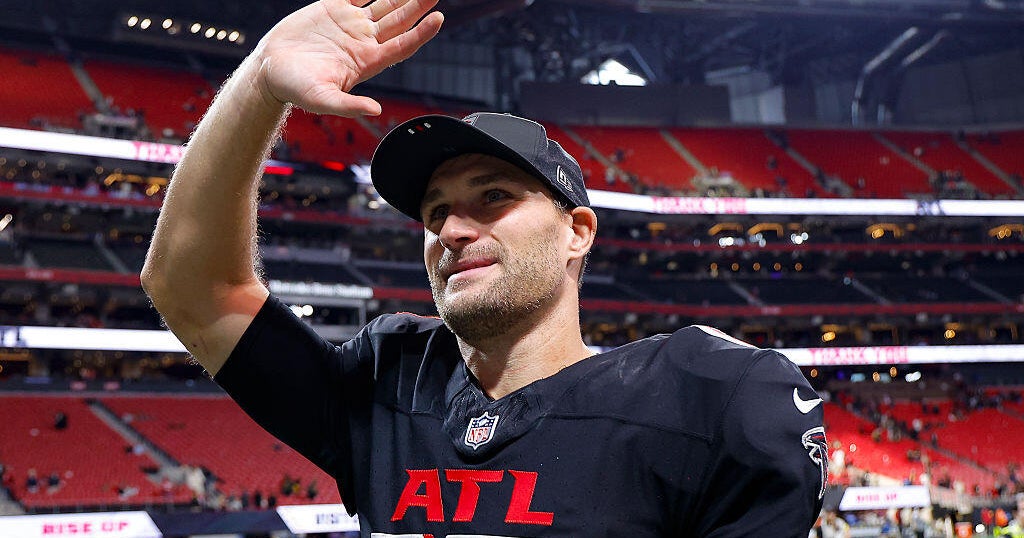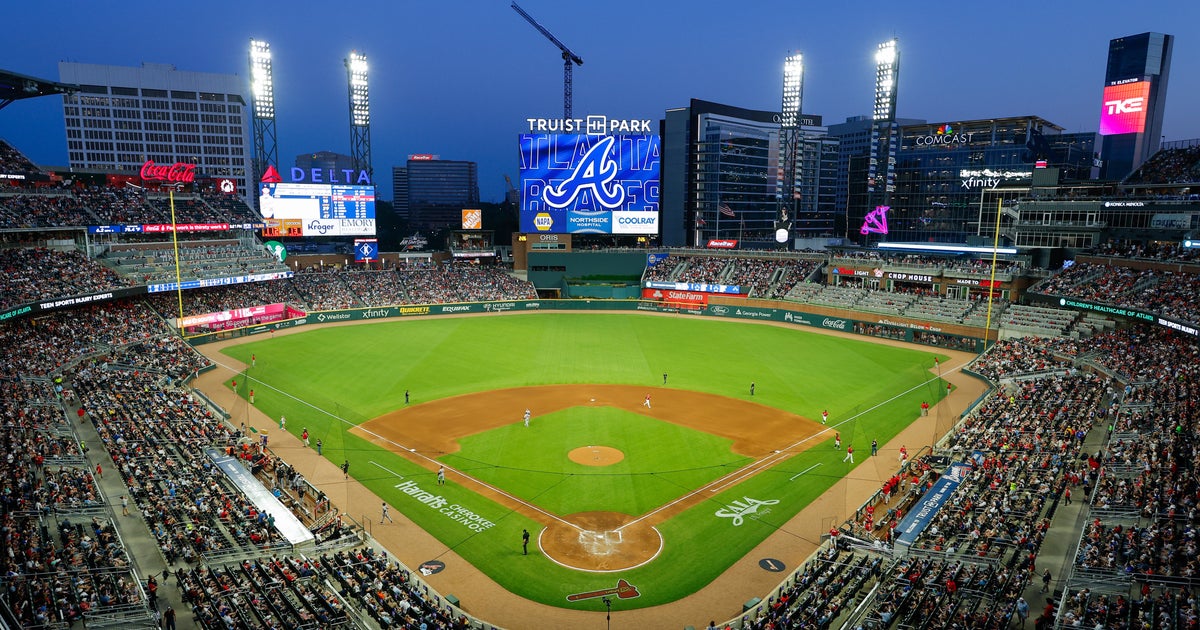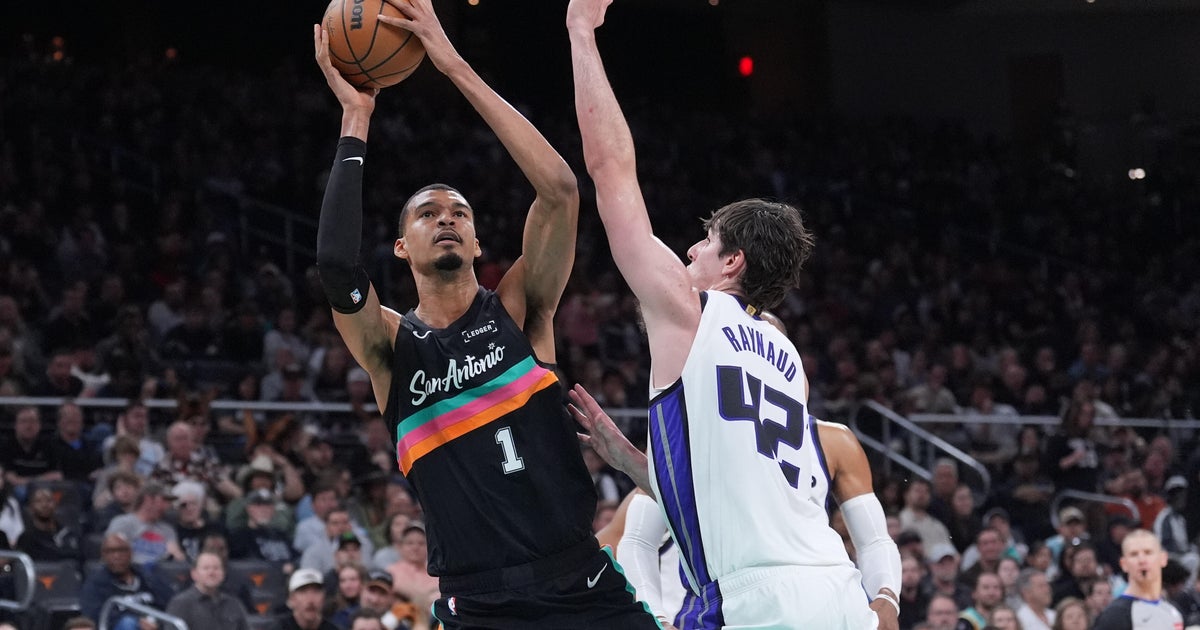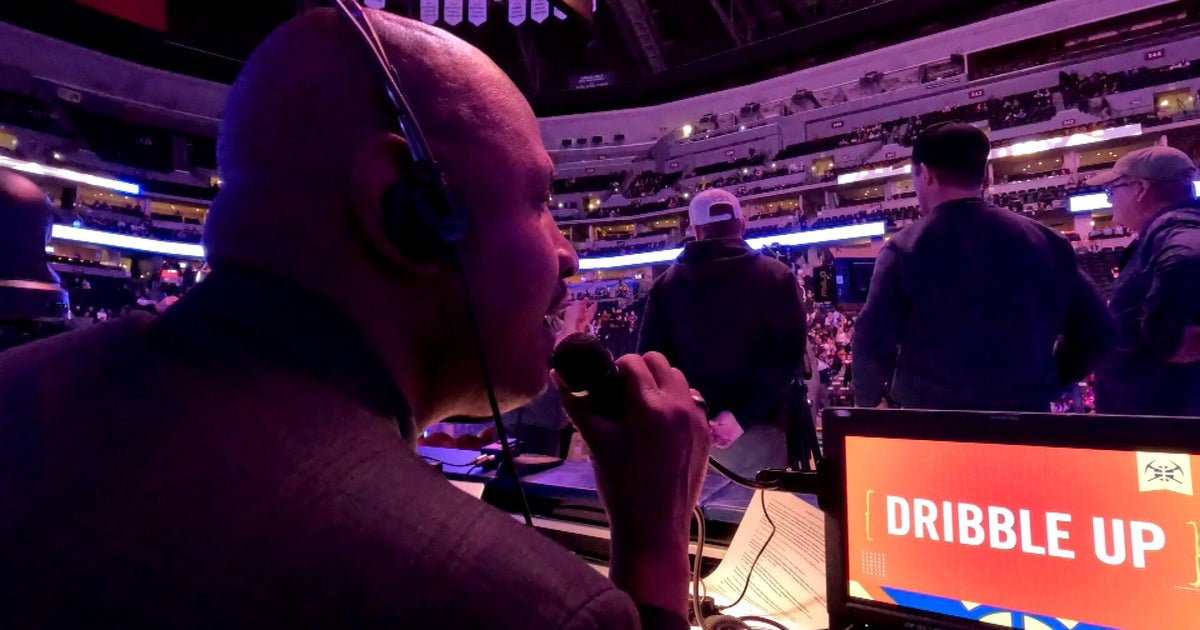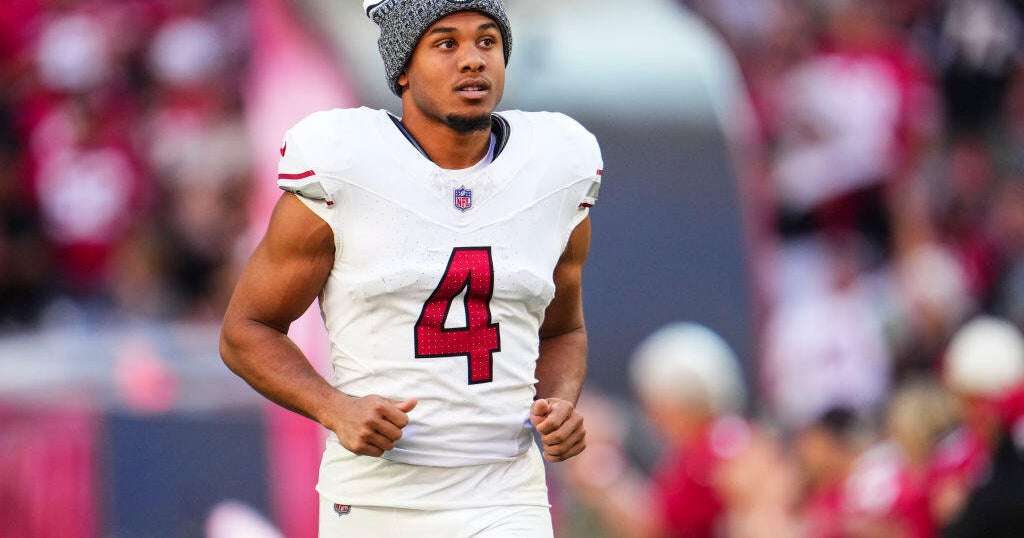Dean Blandino: NFL 'Still Evaluating' What To Do With Recorded PSI Data
By Michael Hurley, CBS Boston
BOSTON (CBS) -- On Tuesday, commissioner Roger Goodell made it seem as though the NFL had no interest in releasing the data recorded this year on the PSI in footballs, recordings which were taken throughout this past season in response to the league's crusade known as "DeflateGate."
The public response to this development was, naturally, one of disgust. If the NFL didn't want to release the results, the thinking went, then the numbers show exactly what every scientific expert has said they would. That is, that footballs lose air pressure when moved into different environments. And so, the measurements that were recorded on the Patriots' footballs during last year's AFC Championship Game would become fully explainable by science, thereby making the entire year-long saga about, really, nothing at all.
Lo and behold, after looking bad in the public, the NFL's story is changing.
Dean Blandino, the NFL's vice president of officiating, said on Sirius XM radio that the league has in fact not yet decided what it will do with the data recorded. Considering just about every decision made by the NFL throughout the saga has been made only after trial balloons told them what to do, it's not entirely surprising to see the story shift from the course which Goodell set just a day earlier.
"We did spot checks throughout the year, and we measured PSI levels and recorded that information," Blandino said, per The Boston Globe. "So right now, we're evaluating the information. We didn't have any violations this year, but again we're still in that evaluation phase to look at the information and then we'll see what that tells us."
By comparison, here's what Goodell said on Tuesday: "What the league did this year was what we do with a lot of rules and policies designed to protect the integrity of the game, and that's to create a deterrent effect. We do spot checks to prevent and make sure the clubs understand that we're watching these issues. It wasn't a research study. They simply were spot checks. There were no violations this year."
There are a few things to go through here.
For one, Goodell stated that "it wasn't a research study" on Tuesday. A day later, Blandino said the league is evaluating the data to "see what that tells us." Blandino's comment indicates that it was indeed a research study. Either one of these men is lying, or the league doesn't have its act together -- or, perhaps, both.
It's also unclear what Blandino means by saying members of the league want to "see what [the data] tells" them. Numbers are numbers, and they typically speak for themselves. In the case of the AFC Championship Game, the numbers told them exactly what they wanted -- that the Patriots illegally took air out of the footballs. Problem was, every single scientific expert who was not getting paid by the NFL stated that the numbers were consistent with what the atmospheric conditions should have dictated them to be. So, as it relates to the current situation, it's curious what exactly the league is evaluating and why that would take any significant chunk of time.
There's also the issue of both Blandino and Goodell reciting the company line that there were no violations. This is interesting. Forgive me (please, please forgive me) for listing this, I really do apologize, but as everyone knows, three of the four Colts footballs tested at halftime by official Dyrol Prioleau proved to be under the NFL's range of 12.5-13.5 PSI. Because the NFL -- namely, Troy Vincent at Tom Brady's appeal hearing -- admitted that never once did the idea of footballs naturally losing pressure come across the minds of any of the NFL employees "investigating" the issue at halftime that night, then it would stand to reason that the NFL should have considered the Colts to be in violation that night as well.
(As we now know, the Colts balls "lost" less air pressure because they were tested after the Patriots' footballs and therefore had more time to adjust back to being in the temperature of the room in which they were inflated, and oh, I really am sorry for stirring this stale point of contention back to the surface. It is the worst.)
So, for both Blandino and Goodell to state definitively that there were no violations this year, are we to believe that the NFL used magic footballs this season -- footballs which overcame basic laws of physics at a very convenient time in NFL history? Or are we to believe that members of the NFL, as they continue to "evaluate" the information and "see what it tells" them, will continue to worm their way around the periphery of science in an effort to try to come out as winners in this foolish, needless fight?
Oh -- and there's also the fact that Blandino is a known liar. It is on the record.
Around this time last year, Blandino spoke at a press conference in Phoenix. He spoke of the controversy in New England, stating that an issue arose in the first half. When asked directly if the NFL held a sting operation to catch the Patriots red-handed, Blandino flatly denied any knowledge of potentially under-inflated footballs prior to that game kicking off.
"I don't know where [the idea of a sting] came from," Blandino said. "This was a problem that came up in the first half."
The Wells report, which was released to the public more than three months after Blandino made these comments, stated that Blandino received an email in the week leading up to the game about concerns from the Colts about the Patriots' potentially taking air out of footballs. NFL director of football operations Mike Kensil forwarded an email from Colts GM Ryan Grigson to Blandino in the days leading up to the game to several people. That email was sent to Blandino, Kensil, senior VP of operations Dave Gardi, director of game operations James Daniel, senior director of officiating Alberto Riveron, game operations personnel who would be working the game. Referee Walt Anderson was told of the concerns by Riveron and Blandino himself.
In short, no fewer than a half-dozen important people knew of the Colts' concerns about air in footballs long before the game began.
"Blandino also reported that during the call he mentioned that the Colts had raised certain concerns about playing at Gillette Stadium," the Wells report states on page 47. "Although Grigson's email was not the focus of the conversation, and may not have been specifically referenced, Blandino reminded Anderson to ensure that proper protocols concerning the footballs were followed."
On the following page: "Riveron mentioned that concerns had been raised about the game balls, and that Anderson should be sure to follow proper pre-game procedures. Riveron recalls that Anderson responded that he had things covered and may have mentioned that he had already discussed the issue with Blandino. When interviewed, Anderson said that the issue had been raised with him."
Yet, just two weeks after all of this happened, Blandino spoke into a microphone in Phoenix and claimed this was an "issue that was brought up during the first half" of the game.
In Vincent's testimony at Brady's appeal hearing, he too claimed that he had no idea about the concern over air in footballs until there were six or seven minutes remaining in the first half. That was Vincent's claim despite in his own words being in charge of "preserving the integrity of the game, overseeing all of football operations, day of game, uniform violations." Additionally, Blandino reports to Vincent.
Vincent sat next to Kensil for the first half of that game, yet Vincent testified that he never once knew about any concerns about the air in footballs until Grigson came storming into their box to complain about the footballs during the game. Vincent is in charge of everything on game day, yet Kensil never once told him about numerous NFL executives being on high alert about possible funny business with the Patriots' footballs, according to Vincent.
So, Blandino is on the record already as having told a bald-faced lie, and Vincent either lied or was incredibly negligent or oblivious to something paramount to his job responsibilities. In the case of any NFL executive speaking on the topic of air pressure in footballs, it's best to exercise extreme skepticism.
You can email Michael Hurley or find him on Twitter @michaelFhurley.
